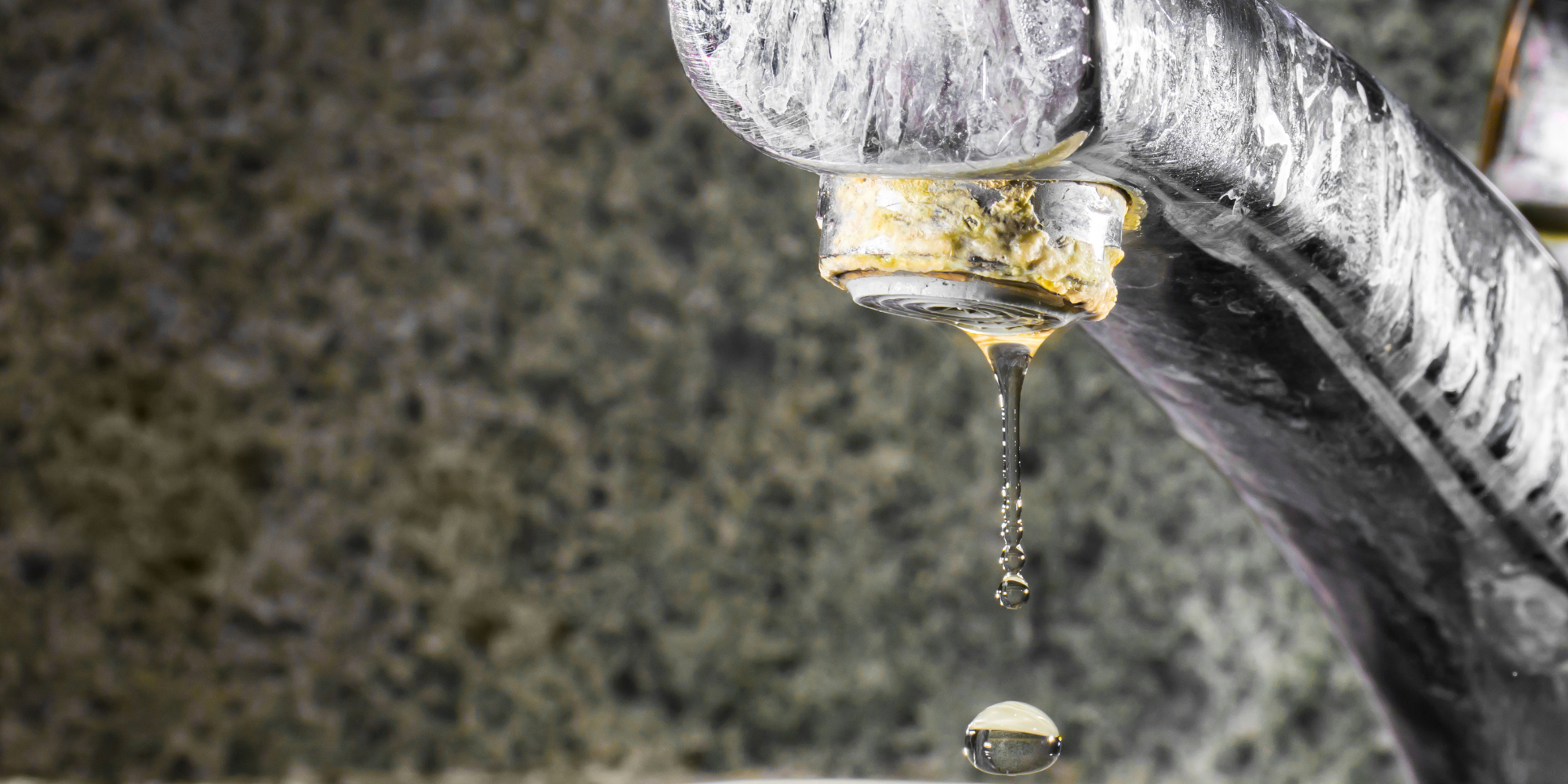The Hidden Dangers of Hard Water and How to Solve Them
Hard water is a common problem in many households, including those in Colorado Springs. While it might not seem like a big deal, the effects of hard water can add up over time, impacting your home, health, and wallet. Let’s explore the hidden dangers of hard water and what you can do to solve them.
What is Hard Water?
Hard water contains high levels of minerals, primarily calcium and magnesium. These minerals are naturally present in the water supply and become concentrated as water passes through soil and rock. While hard water isn’t harmful to drink, its effects on your home and daily life can be significant.
The Hidden Dangers of Hard Water
1. Damage to Plumbing Systems
Hard water can cause mineral deposits (known as limescale) to build up inside your pipes, reducing water flow and increasing pressure. Over time, this can lead to clogs, leaks, and even damage to your plumbing system.
2. Reduced Efficiency of Appliances
Appliances like water heaters, dishwashers, and washing machines are particularly vulnerable to hard water. Mineral buildup can reduce their efficiency, shorten their lifespan, and increase energy consumption. For example, limescale buildup in a water heater can make it harder to heat water, driving up your energy bills.
3. Spotty and Dull Dishes and Fixtures
If you’ve noticed spots on your dishes or a cloudy film on your glassware, hard water is likely the culprit. It can also leave unsightly deposits on faucets, showerheads, and other fixtures, making them look worn and dirty.
4. Skin and Hair Problems
Hard water isn’t just tough on your home; it can also affect your body. The minerals in hard water can make it difficult to rinse off soap and shampoo, leaving residue on your skin and hair. This can lead to dryness, irritation, and even exacerbation of conditions like eczema.
5. Increased Cleaning Challenges
Hard water makes it harder for soap and detergent to lather, leading to soap scum buildup on surfaces and requiring more effort to clean your home. Laundry washed in hard water may feel rough or stiff and can fade more quickly due to mineral deposits in the fabric.
How to Solve Hard Water Problems
1. Install a Water Softener
A water softener is the most effective solution for hard water. It works by removing calcium and magnesium from the water through a process called ion exchange. This not only protects your plumbing and appliances but also makes water gentler on your skin, hair, and laundry.
2. Use a Water Filtration System
In addition to a water softener, consider installing a filtration system to improve the overall quality of your water. Filters can remove other impurities and enhance the taste and clarity of your water.
3. Regular Maintenance and Cleaning
Descale your appliances and plumbing fixtures regularly to minimize limescale buildup. Many household products, such as vinegar or commercial descalers, can help remove deposits and restore functionality.
4. Consult a Professional
If you’re unsure about the severity of your hard water problem or how to address it, consult a professional plumber. They can test your water, recommend the best solution, and ensure proper installation of water treatment systems.
The Affordable Plumbing, Heat & Electrical Difference
At Affordable Plumbing, Heat & Electrical in Colorado Springs, we understand the challenges of dealing with hard water. Our expert team can help you identify the best solution for your home, whether it’s installing a water softener, performing maintenance, or providing advice on managing hard water issues.
Contact us today to schedule a consultation and take the first step toward solving your hard water problems.

